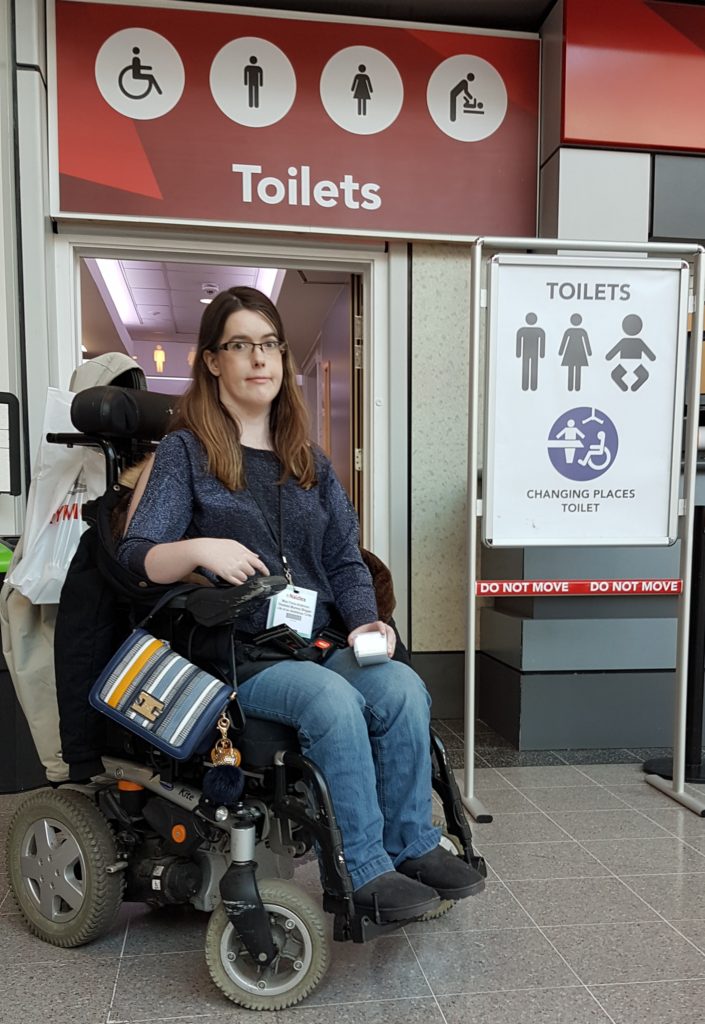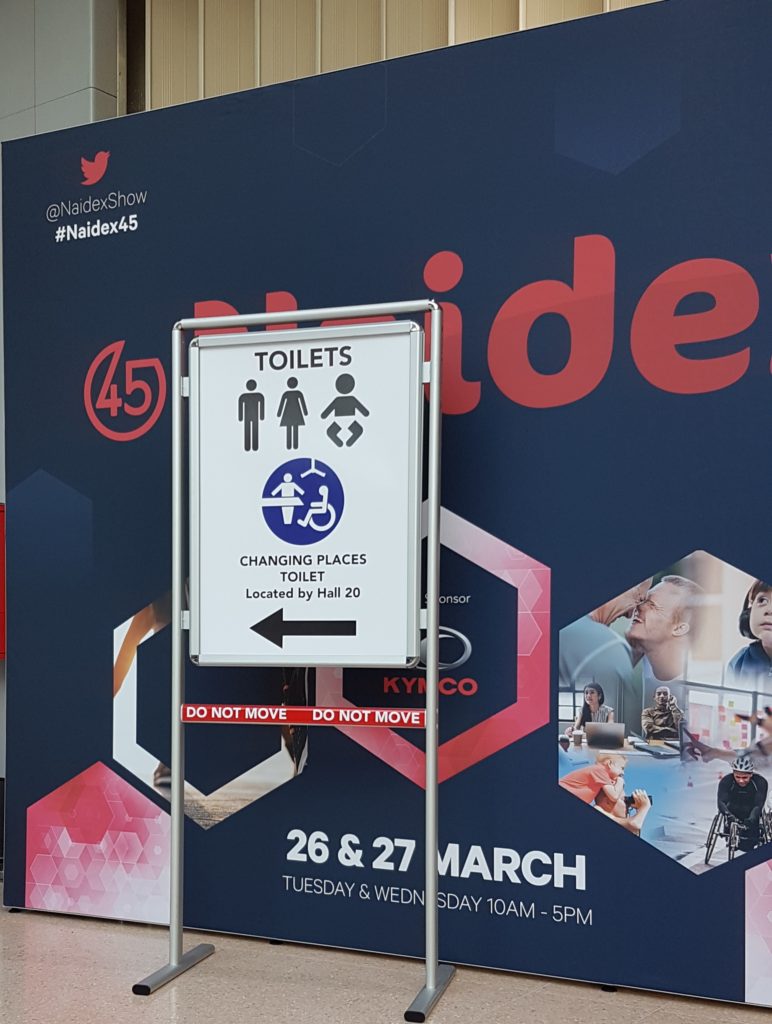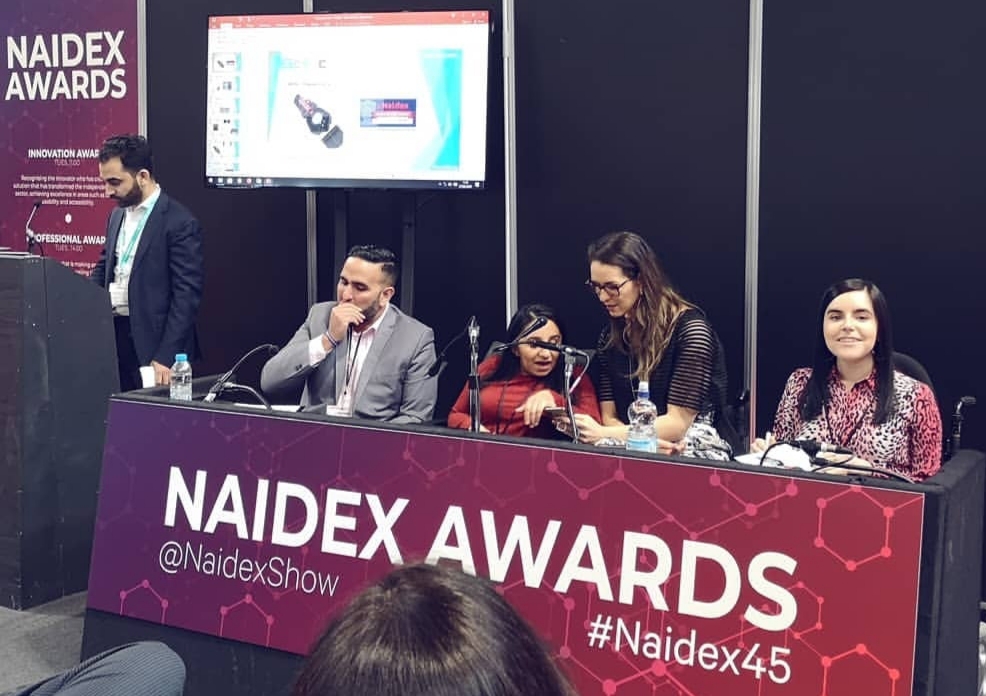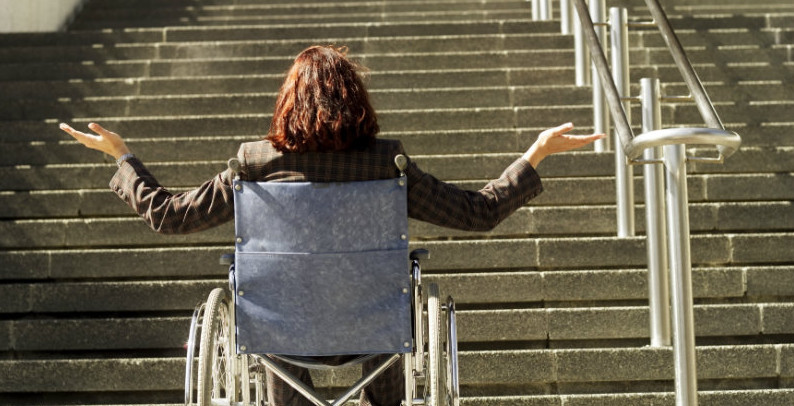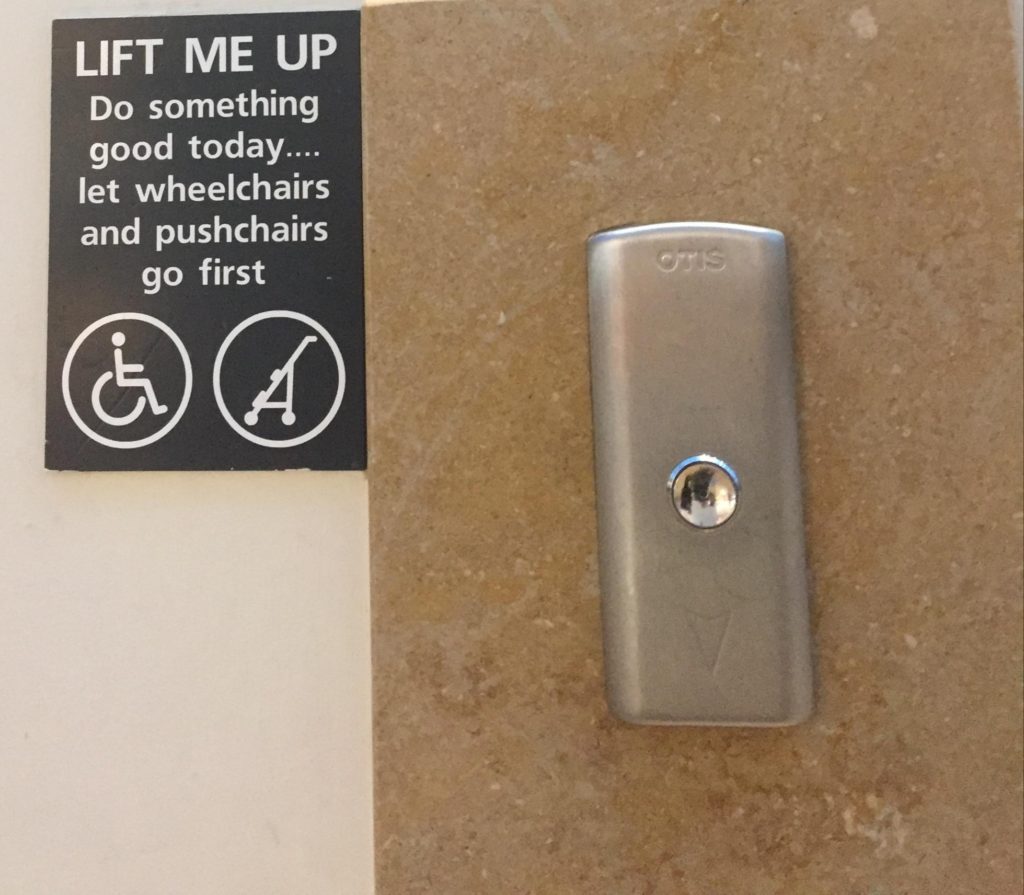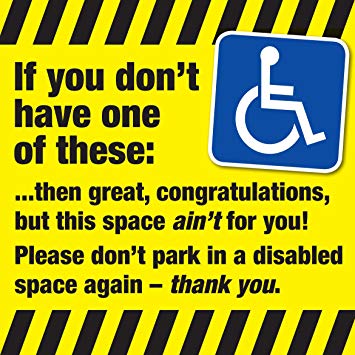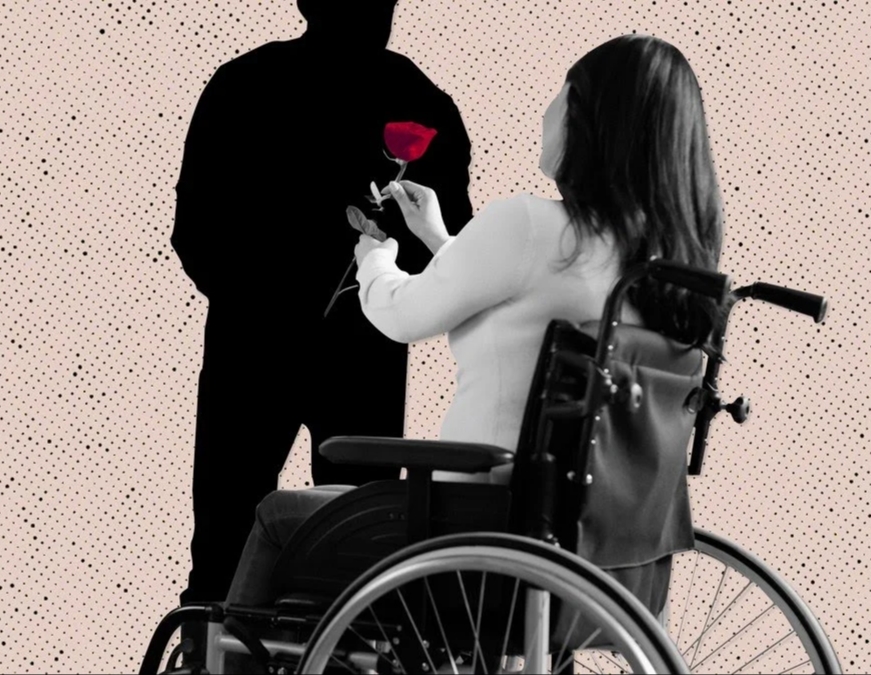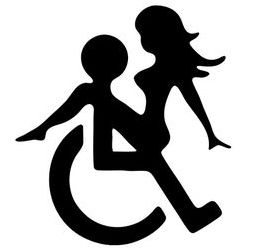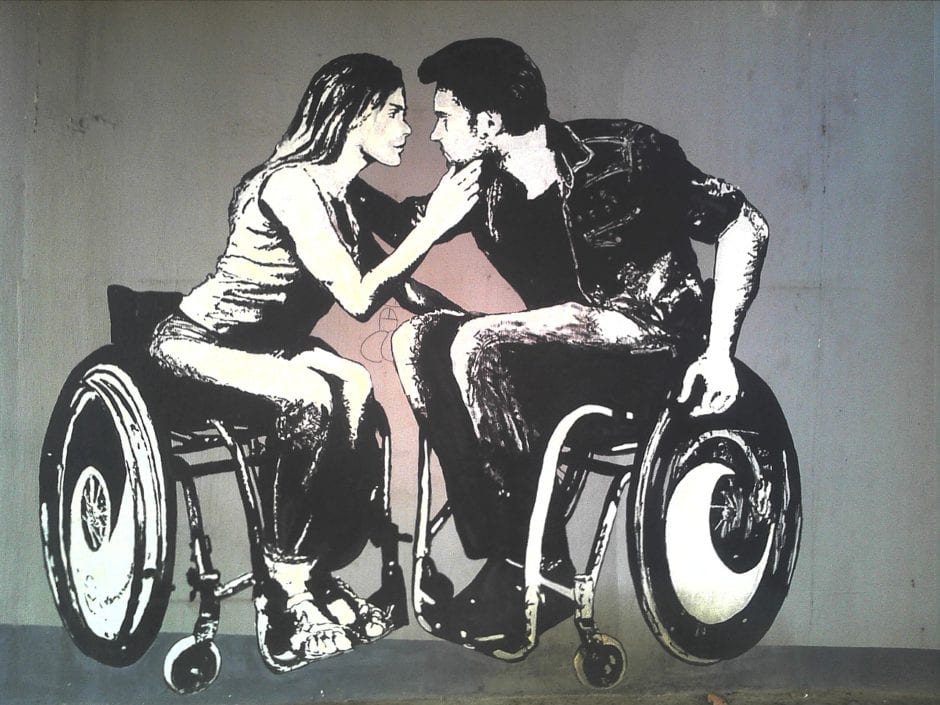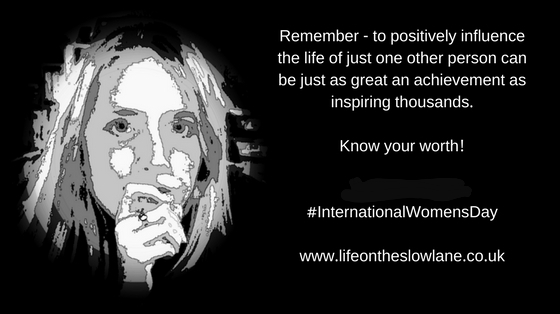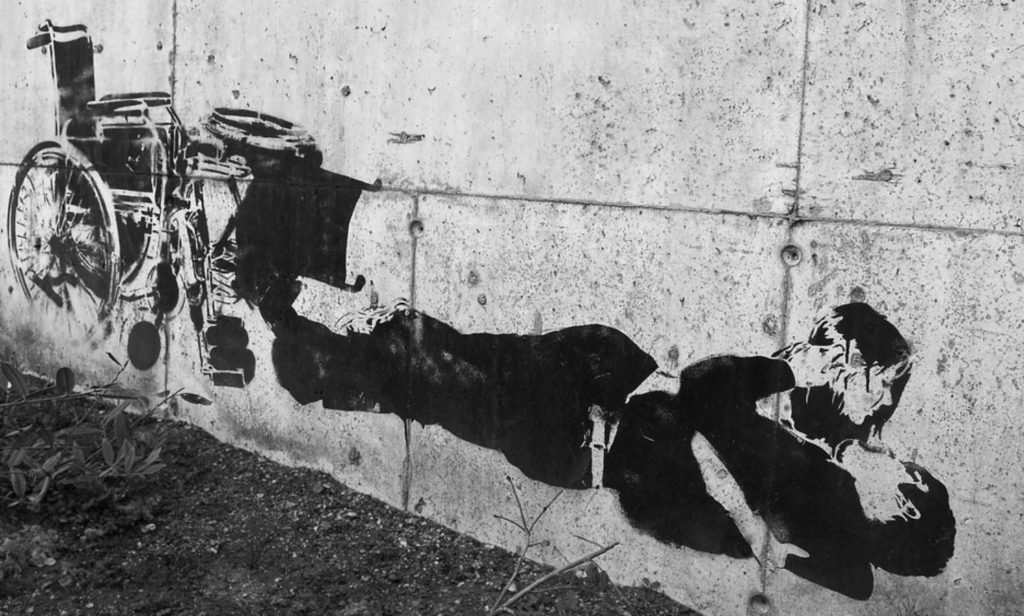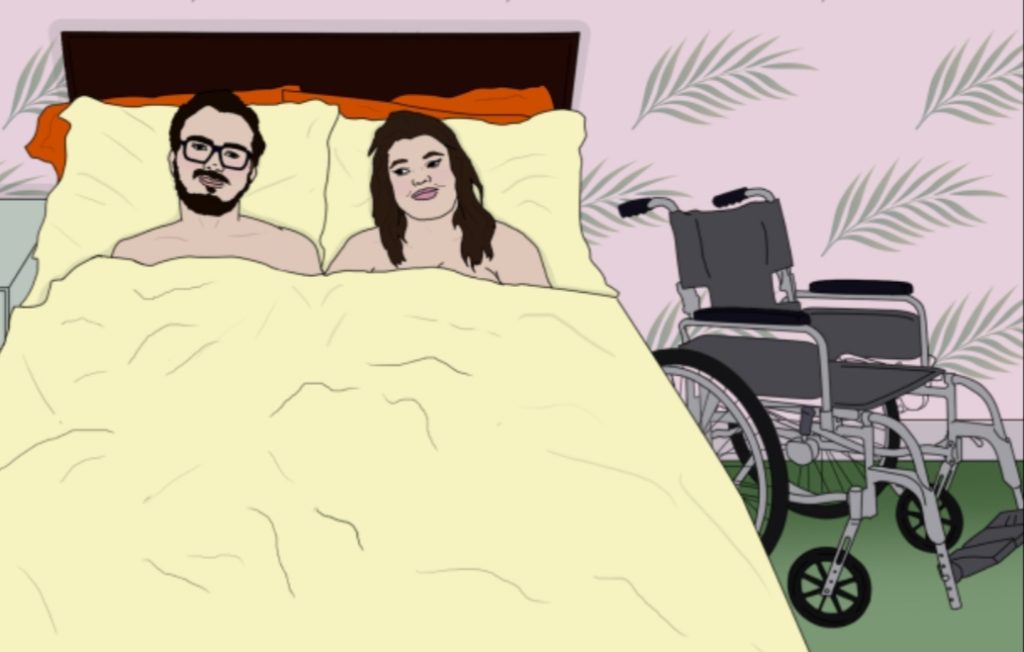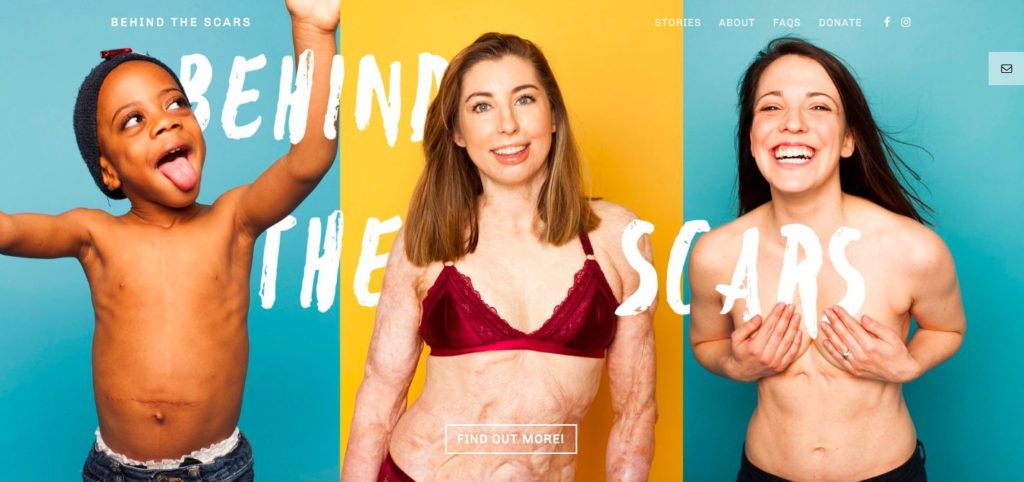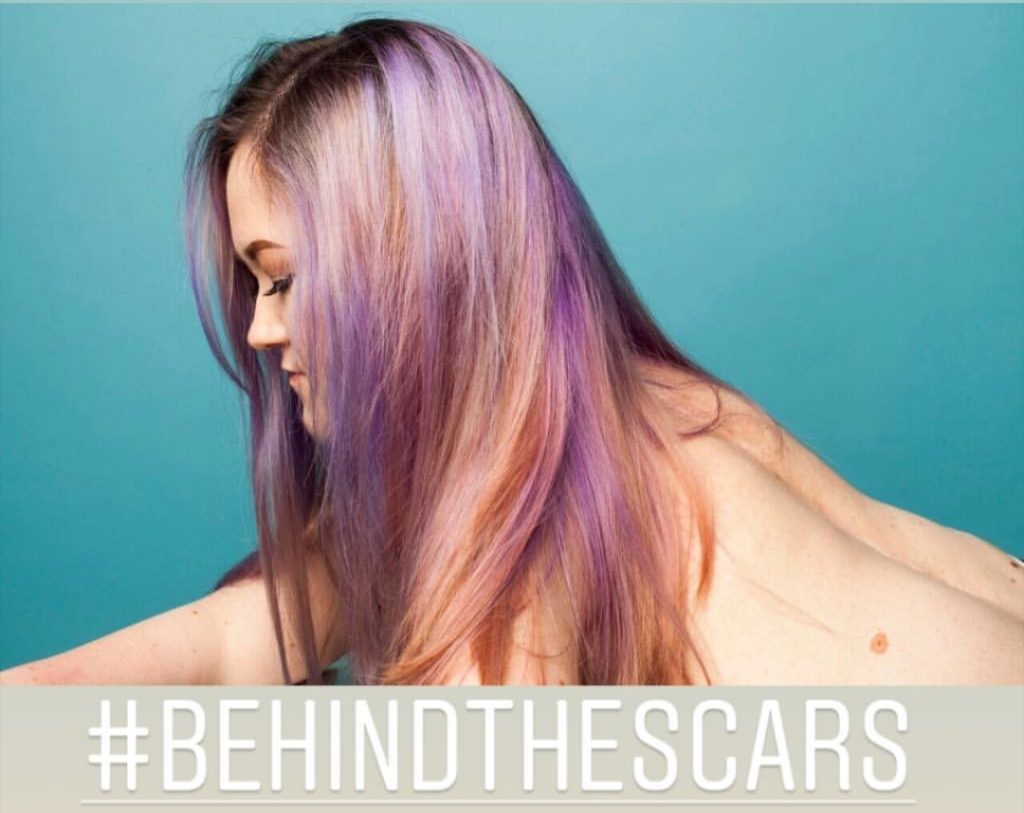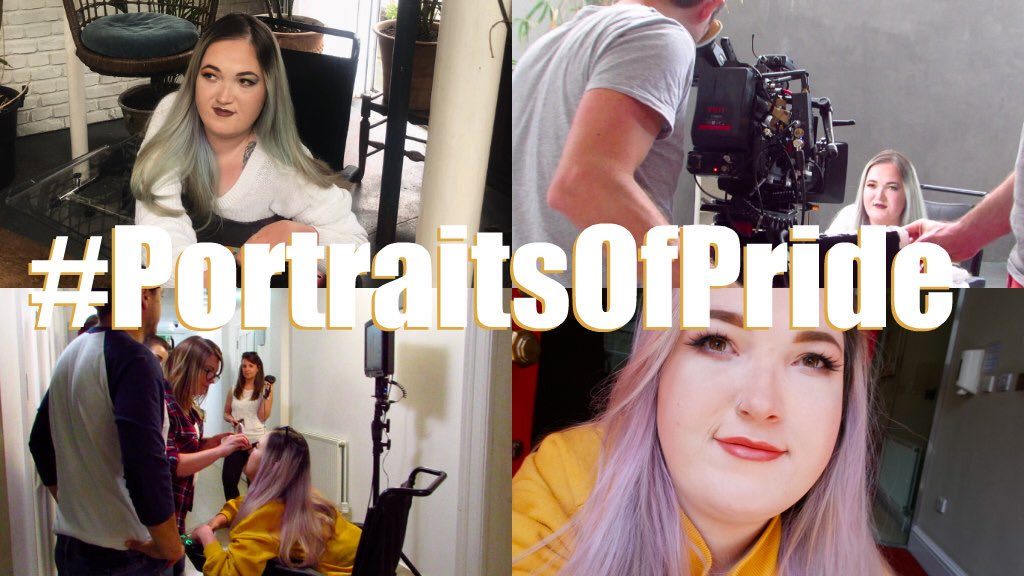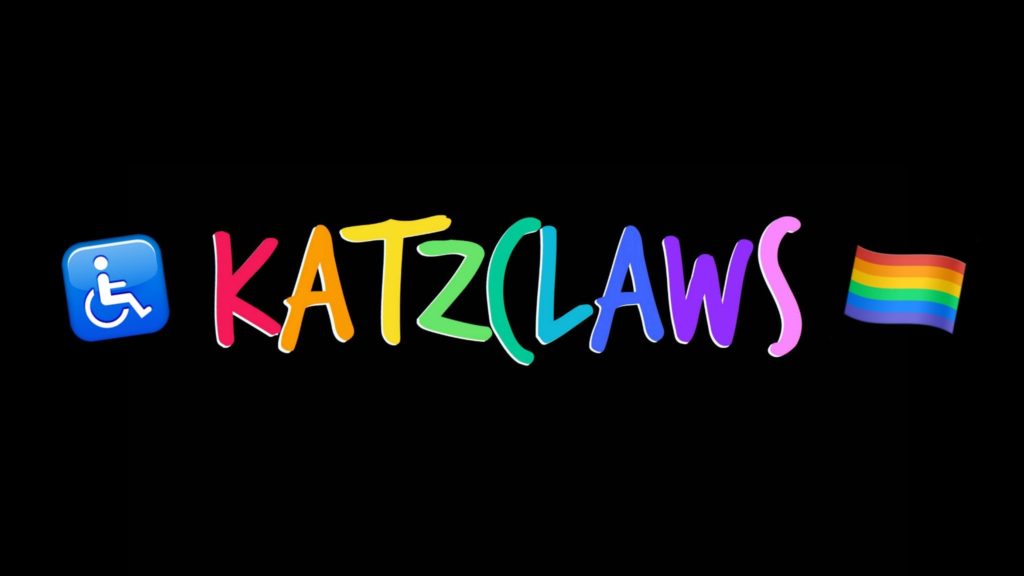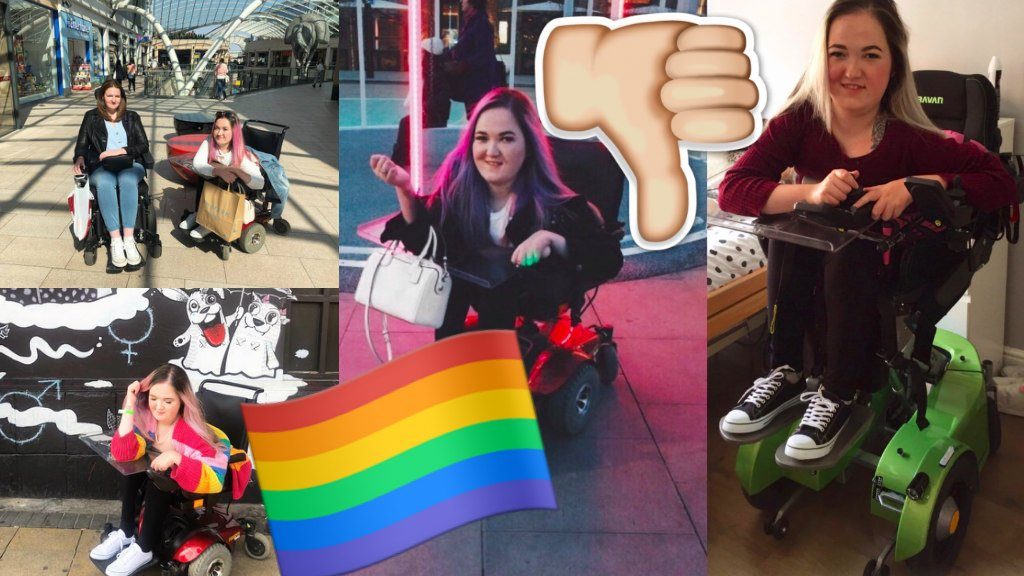5 Questions ~ 3 Influential Women

Lauren West, Trailblazers Manager
Michaela Hollywood, Co-Founder
Emma Vogelmann, Employability Officer

1. What is your disability and how does it affect you?
Lauren West: I have SMA (spinal muscular atrophy) Type 2. I’ve never walked independently and got my first powered wheelchair at the age of two and a half.
Despite the severity of my SMA, I passed my driving test, went to university three hours from home, and moved to London to start my working life. I now still live in London with my partner and with support from live-in PAs who do all my personal care and domestic tasks.
Michaela Hollywood: I have SMA (spinal muscular atrophy) Type 2. I commonly say that I can do pretty much nothing without assistance except speak! Although, I have recently learned to drive using hand controls.
Possibly the biggest impact of my SMA is my breathing and the impact of chest infections, which can make me sick quite often. I’m also deaf, and have pancreatic insufficiency which affects my ability to digest food, and that can cause a lot of pain and fatigue. My motto is; I can drive a van, and boil a kettle but I can’t make a cup of tea!
Emma Vogelmann: I have SMA (spinal muscular atrophy) Type 2. I’m a full-time electric wheelchair-user and since contracting Swine flu in 2009, I also use a portable ventilator via a tracheotomy.
2. How and why did you become involved with MDUK Trailblazers, and what is your role?
Lauren West: I became involved at the very start of Trailblazers, after I left the Whizz-kidz Kids Board. I felt I had a campaigning void in my life after leaving the board, so I was really excited when I heard about Trailblazers. For a long time, I was the only Welsh Trailblazer and so I formed a great bond with the original team, Bobby and Tanvi.
I stayed involved throughout university through participating in work experience and attending events like APPGs. I was delighted after a few years in different jobs to be offered the role as Campaigns Officer, as I’d always wanted to work for Trailblazers. It was then super exciting to take up the role of Trailblazers Manager at the beginning of 2016.
Michaela Hollywood: I was involved with Trailblazers from the very beginning, before it even started!
I was at a MDUK Family Weekend when I was 16, and, because of my disability and access requirements, I couldn’t book tickets to see the band McFLY perform in my local arena. Consequently, I spoke to the then Chief Executive of the charity Phil Butcher, and said we need a “young people’s forum”. My idea at the time was that those of us with a muscle wasting condition have powerful voices that weren’t being heard, and too many non-disabled adults were making decisions that affected our lives without even thinking of consulting us. And out of that Trailblazers was born!
I volunteered for the first number of years, and directed the organisation from Northern Ireland for a year before it became official. I went to university and did my undergraduate degree in Public Relations, followed by a Masters in PR and Communications, specialising in political lobbying. I then joined the team from home in Northern Ireland a little over 3 years ago.
Emma Vogelmann: I was invited by MDUK to a Parliamentary roundtable meeting about disability employment. I really liked that a prominent charity was directly engaging with young disabled people and their lived experiences. After that, I asked if there were any opportunities to get involved with the organisation which led to a 4 month internship with the Campaigns team. I absolutely loved it, so when the role of Employability Officer was advertised I knew I had to apply. The rest, as they say, is history!
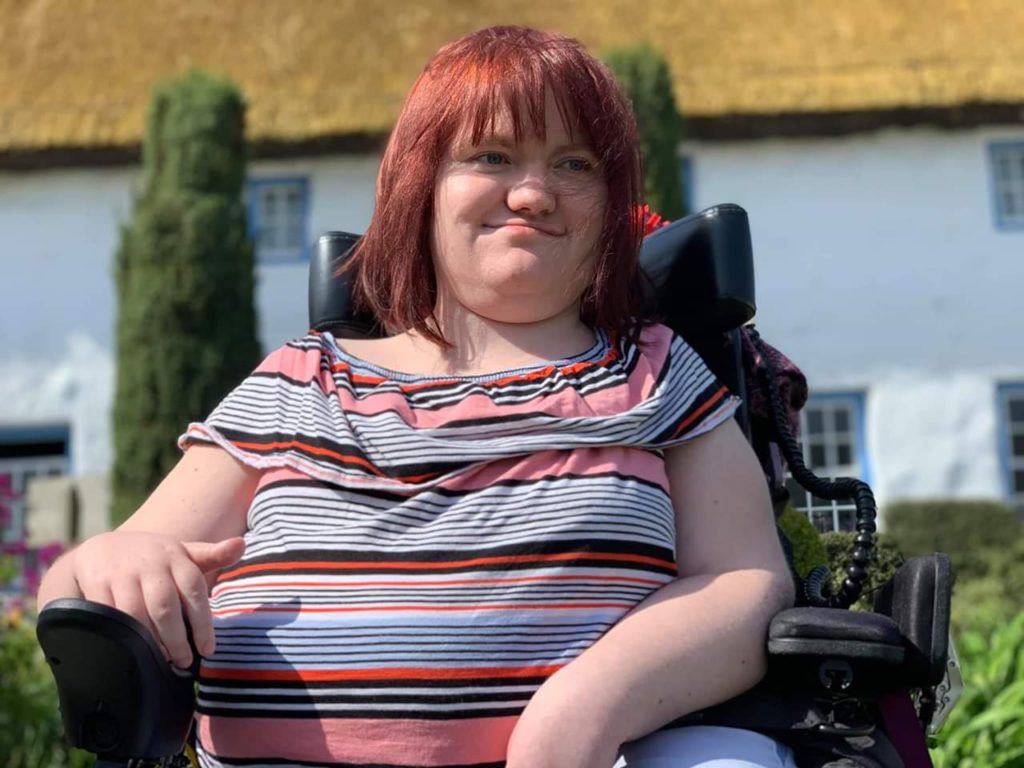
3. How do you feel about being an influential career woman with a disability? Has your disability made you more determined to pursue your career goals?
Lauren West: I don’t think I would describe myself as an influential career woman but if I am seen that way, then that’s a real honour.
I think my disability has made me much more determined in all parts of my life, not just my career. I have always been quite driven and even when I wasn’t sure what career path I wanted to follow, I knew I wanted to do something that made a difference.
But I genuinely think there’s been one driving force behind my ambition and that was a social worker who was sorting out my university care package. She made an off-the-cuff comment about how when I was done having fun at university, I’d come home and she’d help set me up on benefits in a little flat. Whilst this is needed for some, this is not how I wanted my life to go, but I knew I’d face similar beliefs and attitudes throughout my whole life. So I was determined to fight against that societal expectation.
Michaela Hollywood: For me, I think it made my education very important. And it’s made me steely and determined. It’s a good advantage to be able to use my voice as communication is so important when your impairment is so physical. I’m proud to be in the position I am, and try to keep my focus on what I can do for others.
Emma Vogelmann: I never really thought of myself as an influential career woman in all honesty. I suppose you just crack on with your day-to-day work, so you never stop to think about it.
Now I am starting to see the impact my work has on other people, such as my employment work. I’ve seen the people involved in my project access jobs, find a careers mentor and so many other meaningful changes. That’s incredibly rewarding for me.
My disability makes me more determined to do a lot of things, but definitely in my career. Someone in a meeting I ran summed it up perfectly, “disabled people feel the pressure to be exceptional just to be considered equal to their able-bodied co-workers”. While this is not the culture at MDUK, I do feel that internal pressure to prove myself constantly. I’ve learned first-hand and from others that it is unfortunately really hard to enter the working world as a disabled person, so once you’re there you feel like you need to show your employer why they made the right decision.

4. In relation to employment, what challenges have you faced due to your disability, and how have you overcome these obstacles?
Lauren West: Throughout school and university, getting a typical student job just wasn’t on the cards for me. For one thing, I just didn’t have the stamina to study and work. But also the usual student jobs just weren’t physically accessible to me. I was worried that this lack of work experience would put me at a severe disadvantage for getting a job once I’d graduated.
I was lucky that Trailblazers found me an internship at my local MP’s office, so I did one day a week there for three months in my final year of study. I also did work experience at MDUK which gave me a great taste of living and working in London.
I was incredibly fortunate to secure a job in London prior to graduating from my Master’s degree. However, when this job turned out to not be what I expected and complete with a very abusive boss, I had real trouble finding a new job. I mainly applied to charities and many claimed to be part of the ‘two ticks scheme’ which offered guaranteed interviews for disabled applicants.
However, it was rare I’d even get called for an interview and it took many unhappy months before I was offered a role as a mental health advocate. The same year, I started working for MDUK and I love being part of a charity that values diversity and inclusivity.
I think the only way I’ve overcome challenges within employment is just through stubbornness and determination. I really think there are organisations out there for everyone but it can just take a long time to find the right fit.
Michaela Hollywood: The biggest one is my health. Self-care is important to keep me ticking over. I’ve been really lucky to work for a group I wholeheartedly believe in, and where we see real help and progress happening. I try to make sure others are afforded the same opportunities I have been lucky to have.
Emma Vogelmann: I struggled to find an employer willing to give me a chance after university. Of course, this is true for most graduates. But I do feel that being a disabled graduate made it harder. I remember asking Lauren West for advice before I started working at MDUK about when, where and how to disclose my disability, because I didn’t want to be counted out too soon for jobs, but I also didn’t want to hide something I consider a strength. I decided to always disclose my disability, though this is a very personal choice that isn’t necessarily right for everyone. I work within a disability charity, so it is extremely relevant to say I’m disabled, but I know a lot of people who aren’t comfortable with this and that’s completely okay too.
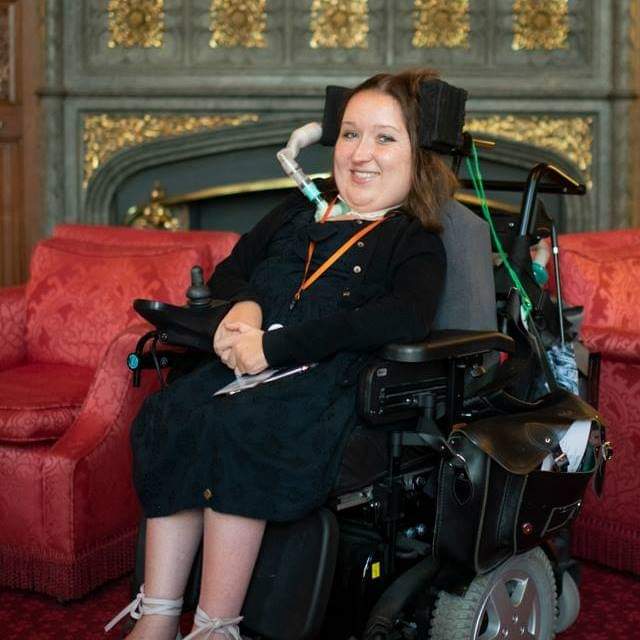
5. What is your proudest achievement?
Lauren West: In terms of in my career, I think it was being in charge of the Trailblazers’ 10 year anniversary celebrations.
As someone who was part of Trailblazers from the start, being able to bring those 10 years together through an incredible event in Parliament was just the best experience. Seeing over 100 people all in one room celebrating their successes of the past 10 years will be forever one of my best moments.
Michaela Hollywood: This is a tough one! My dad, Michael, likes to tell anyone and everyone he meets to “Google” me because he is so proud of what I’ve achieved.
In 2015, I was given a Points of Light award by then Prime Minister David Cameron, and a few weeks later was named on the BBC 100 Influential Women List. I think those few weeks were a definite highlight.
Emma Vogelmann: What a tough question! I suppose it would be winning my case against a taxi driver who discriminated against me due to being a wheelchair-user. It happened on my second day of work at MDUK and it was a difficult experience to go through. But to have two courts agree that wheelchair-users cannot be overcharged was a great feeling. I really hope it will empower other wheelchair-users to not accept discriminatory treatment from taxi drivers.
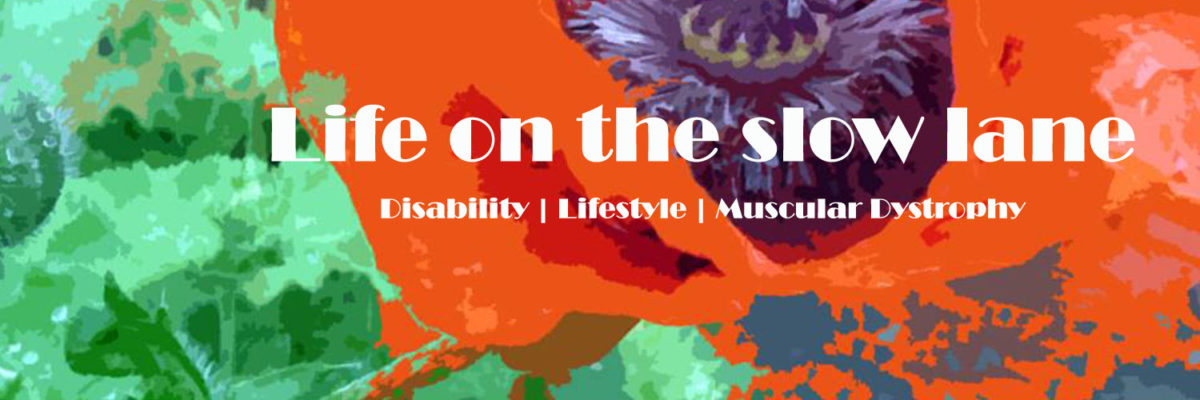
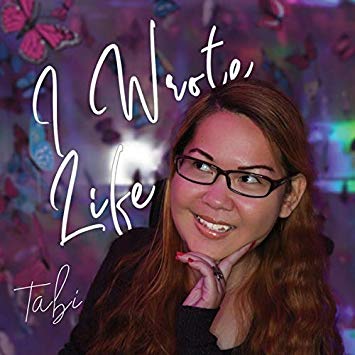
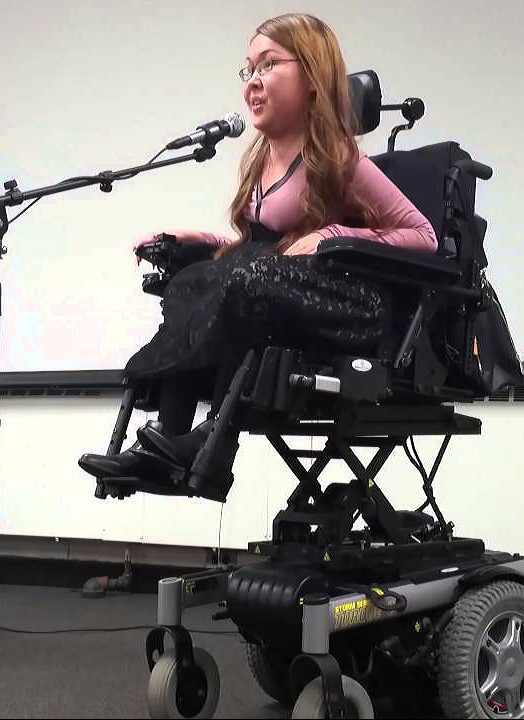
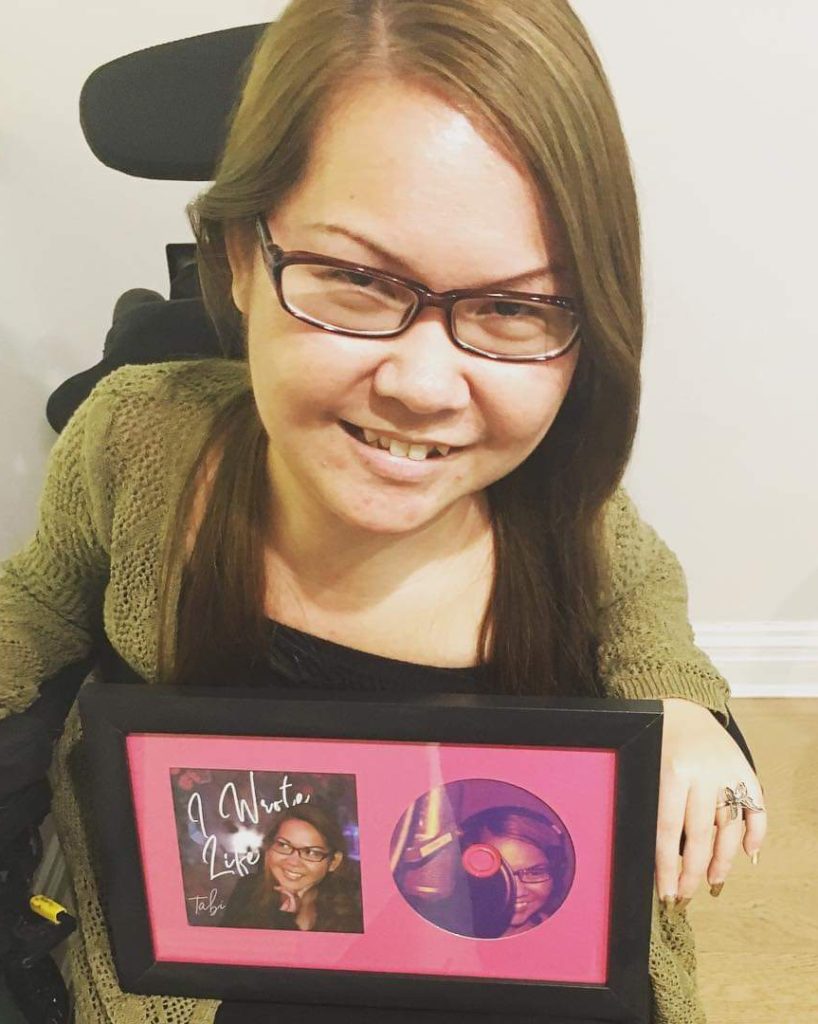
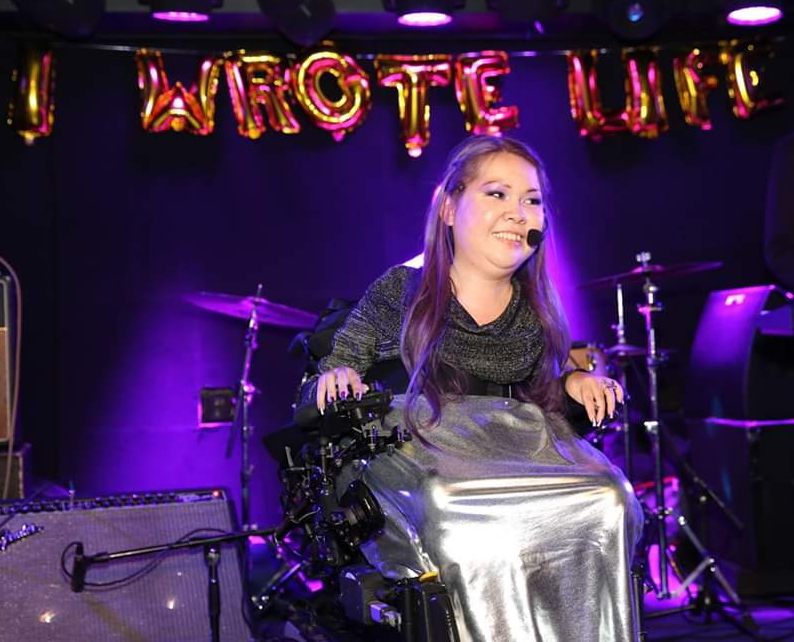


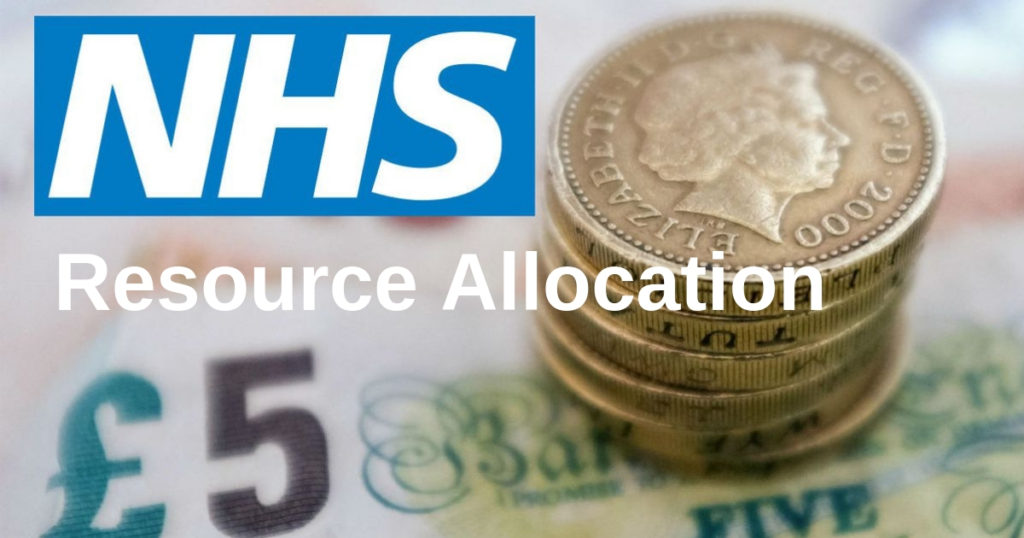 Resource Allocation: A classic medical ethics topic that often rears its head in the inevitable reality of working in a cash-strapped public healthcare system.
Resource Allocation: A classic medical ethics topic that often rears its head in the inevitable reality of working in a cash-strapped public healthcare system.

